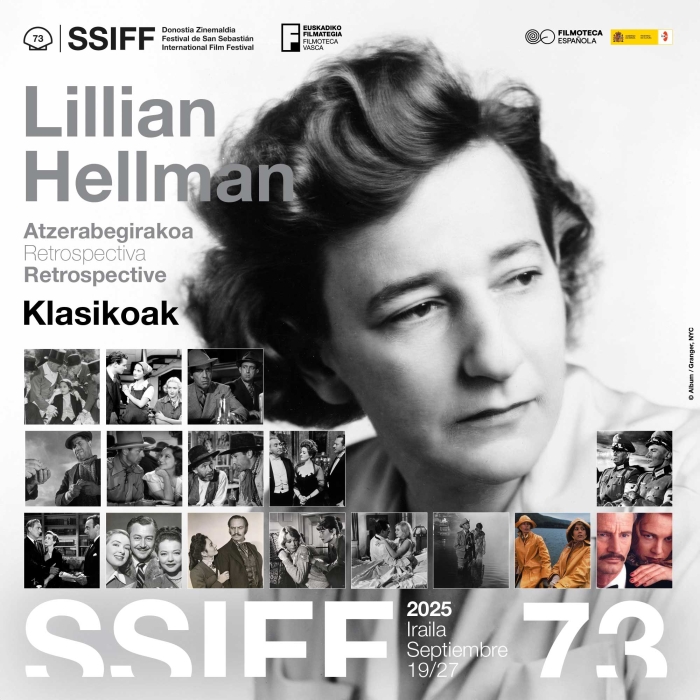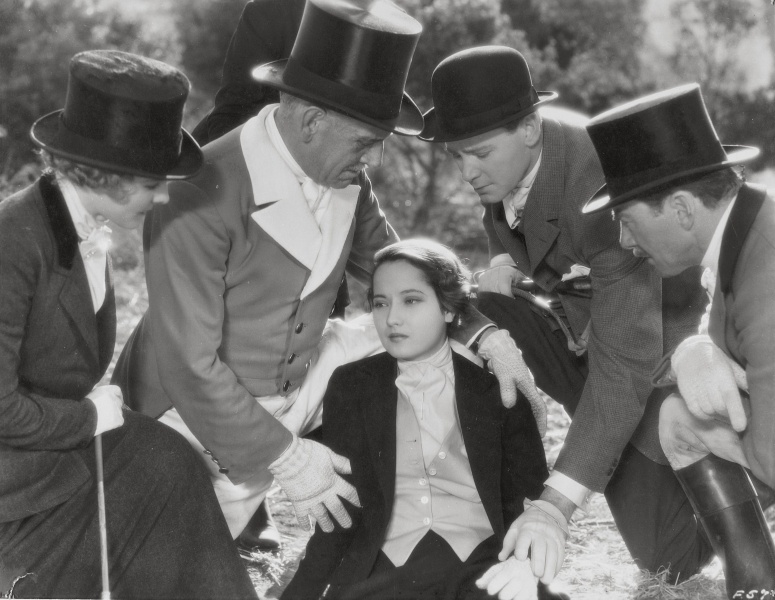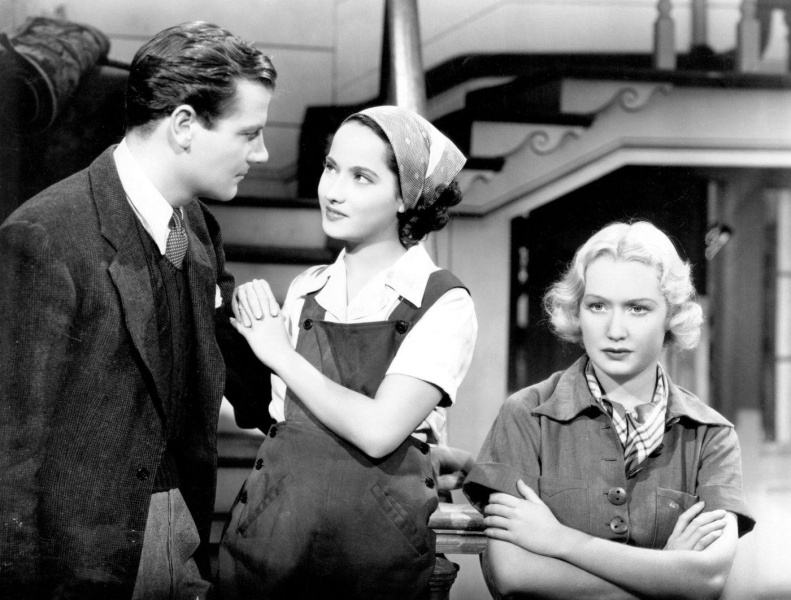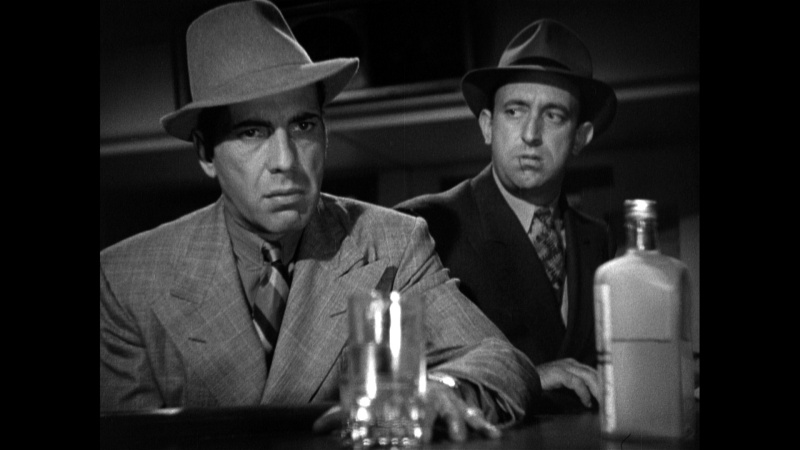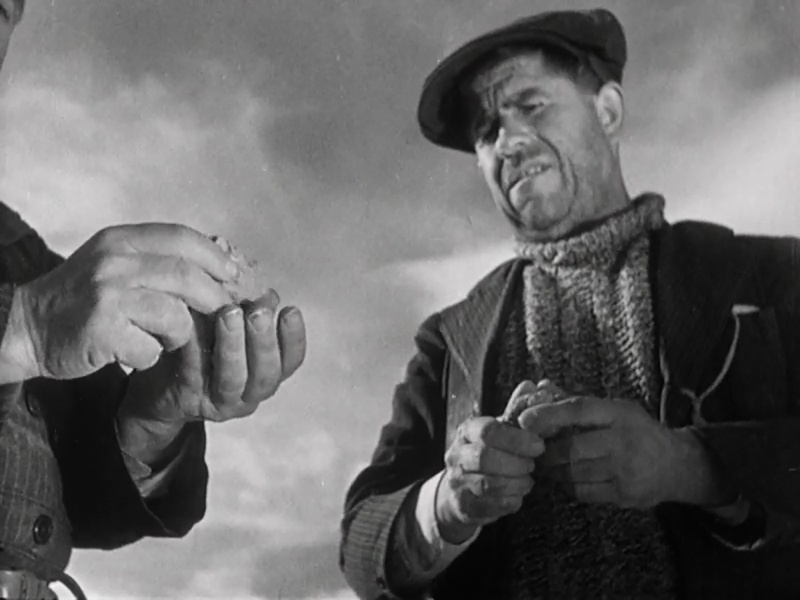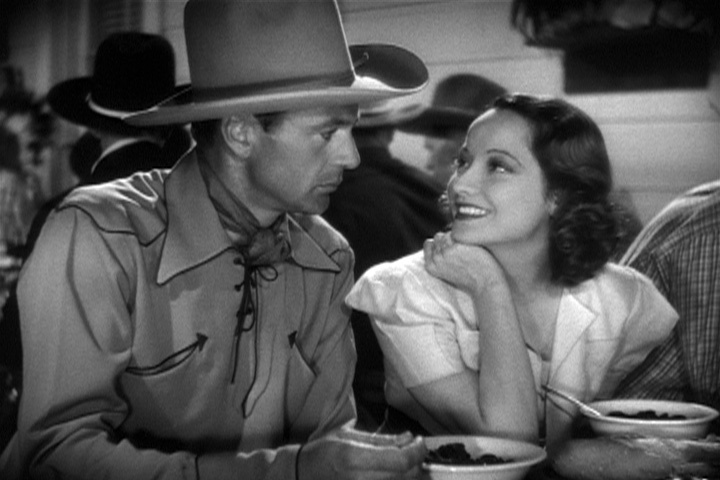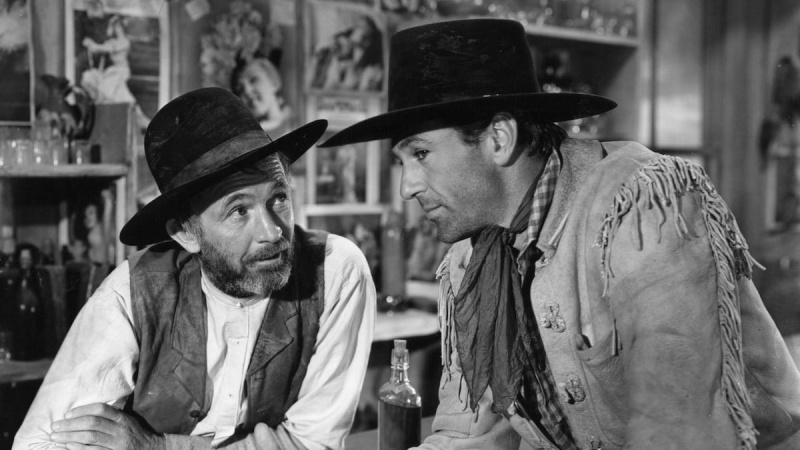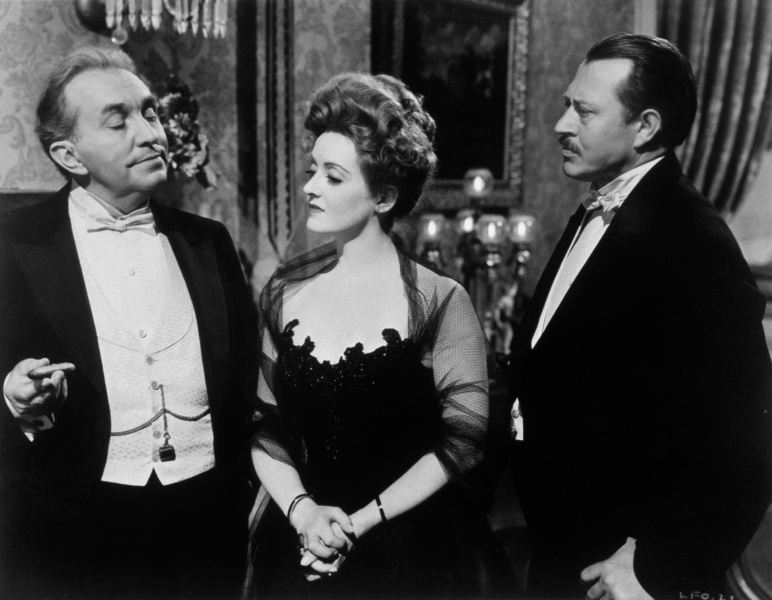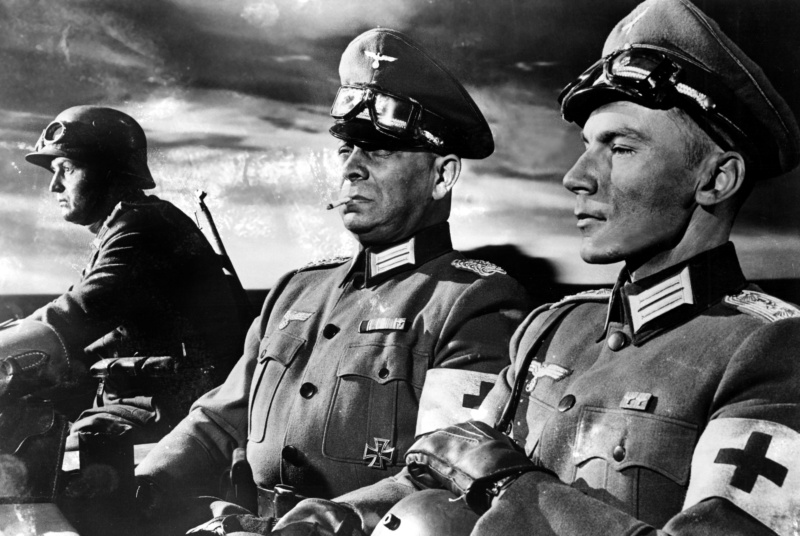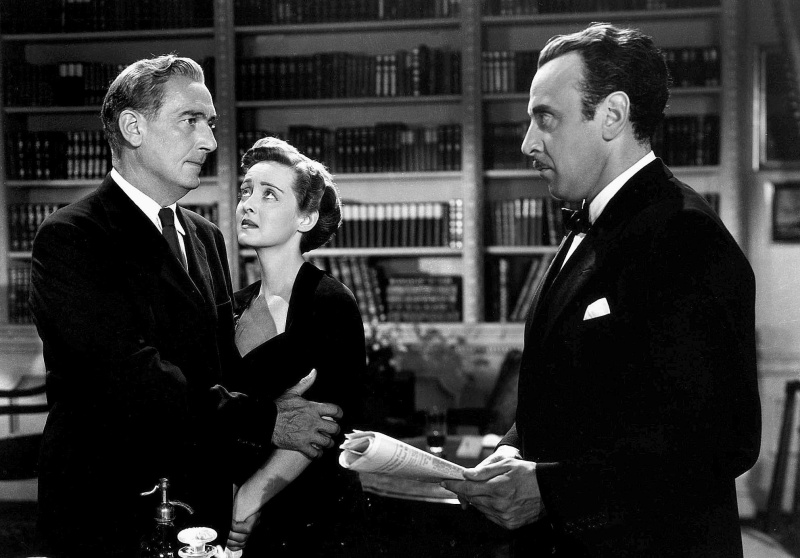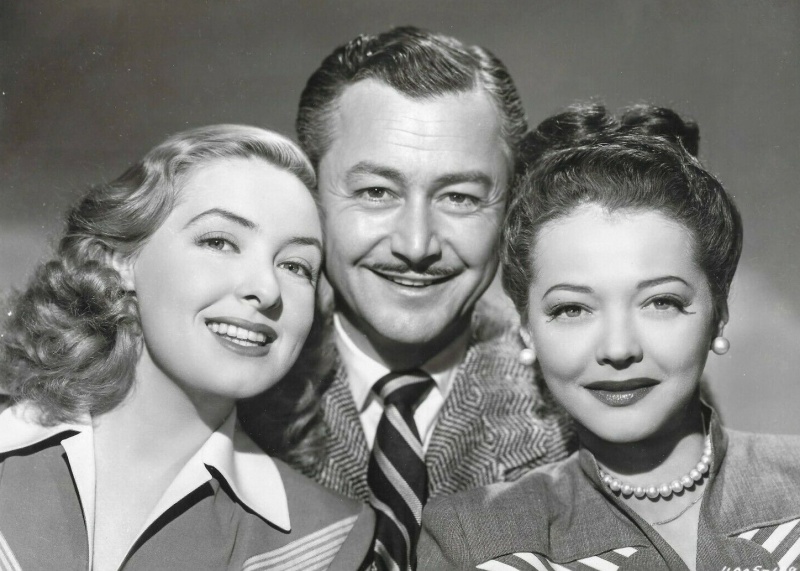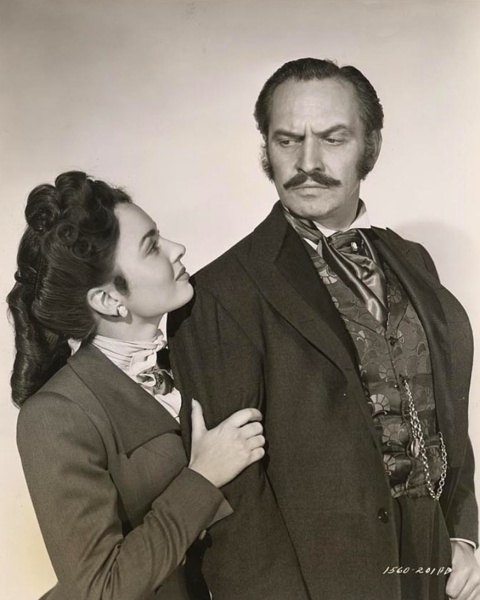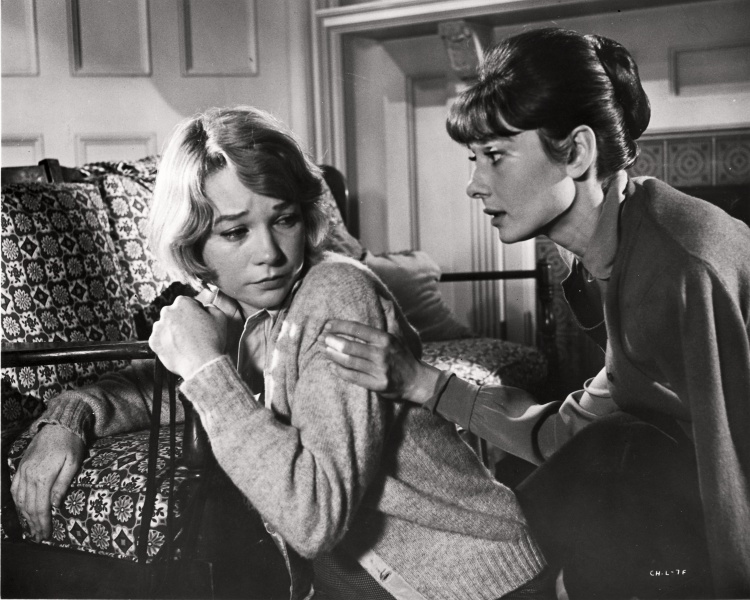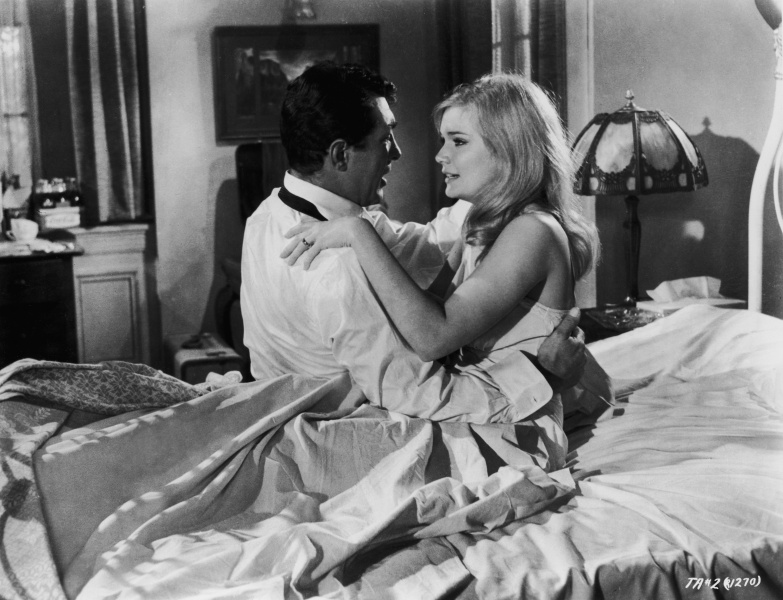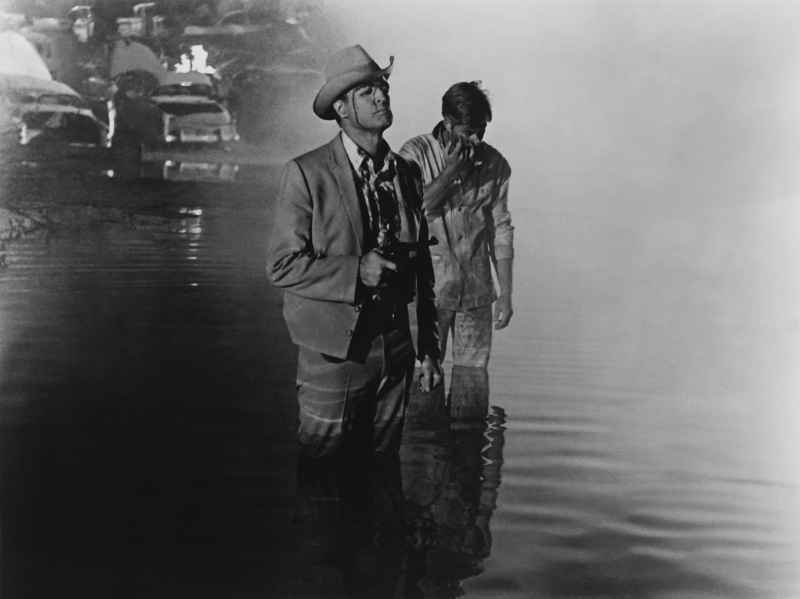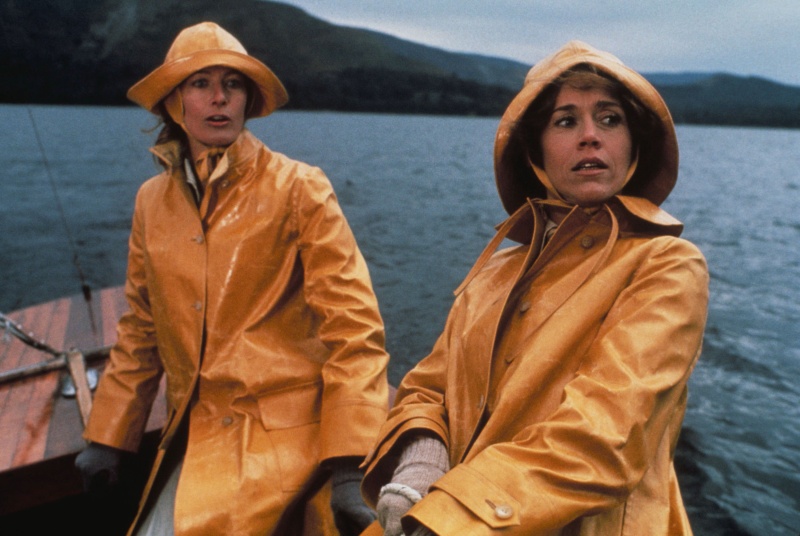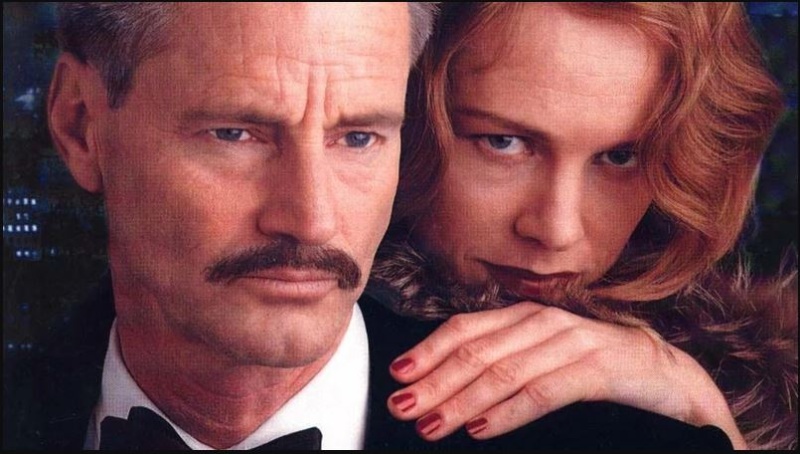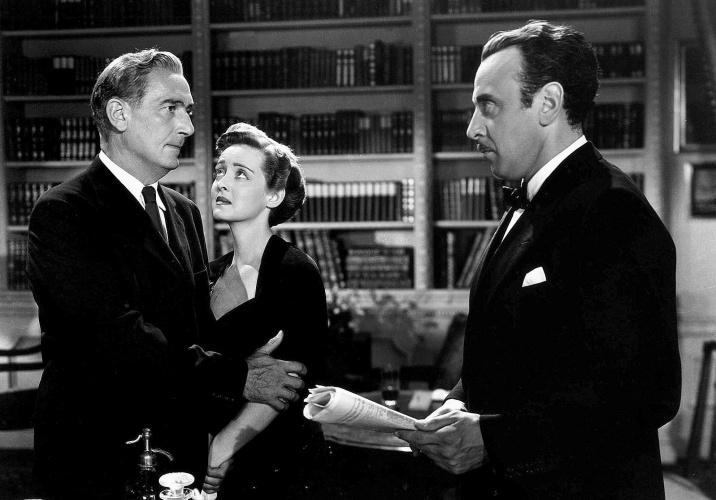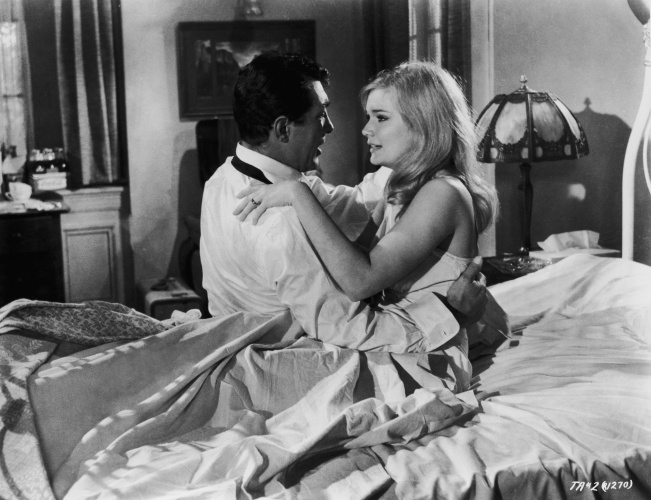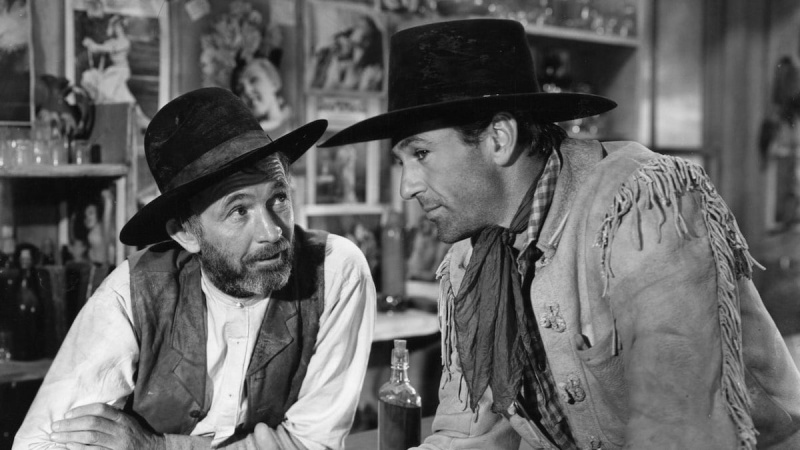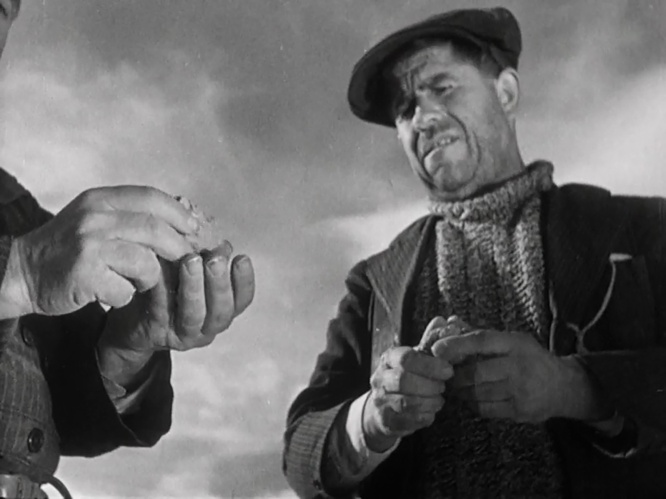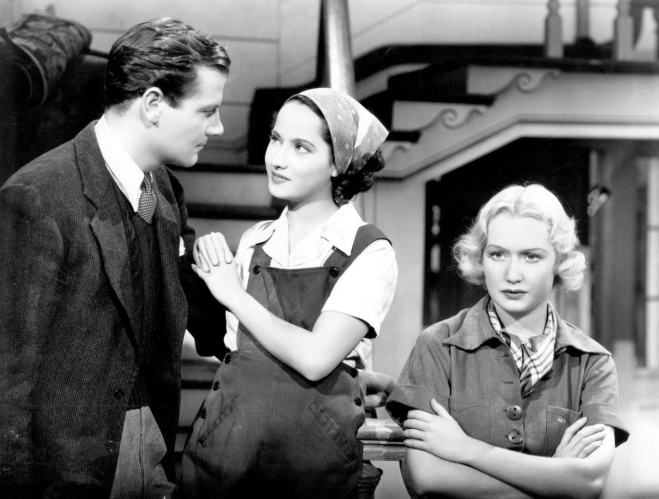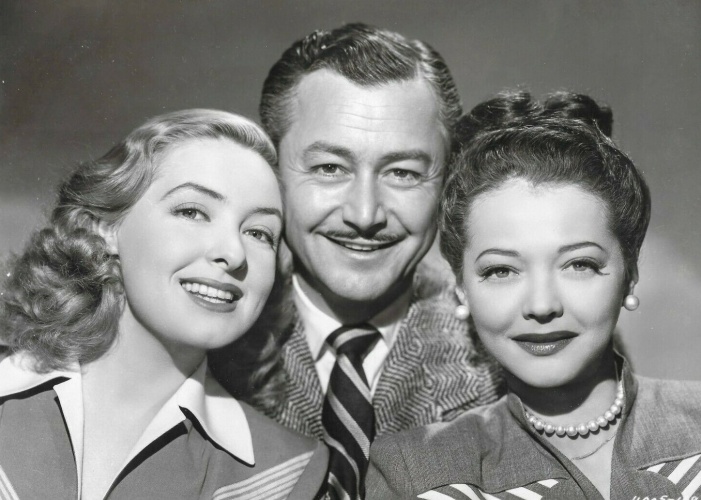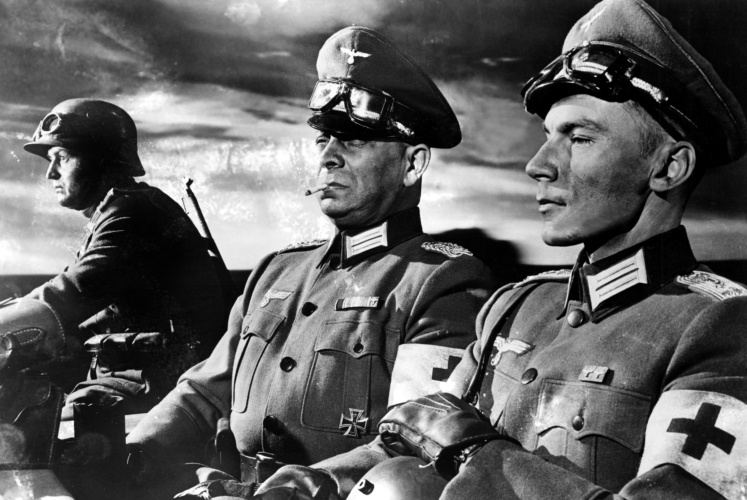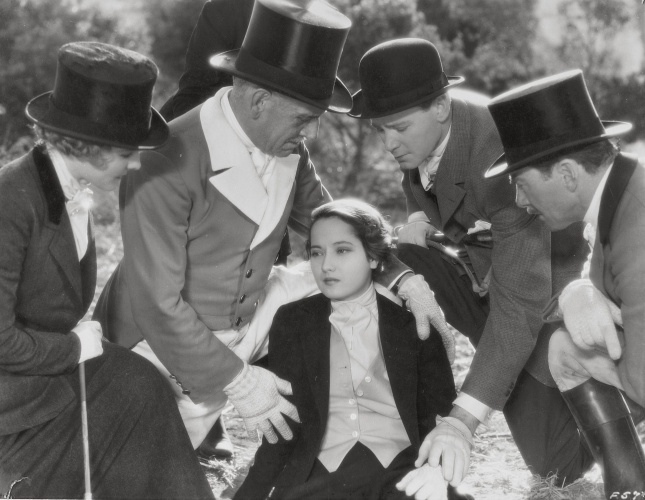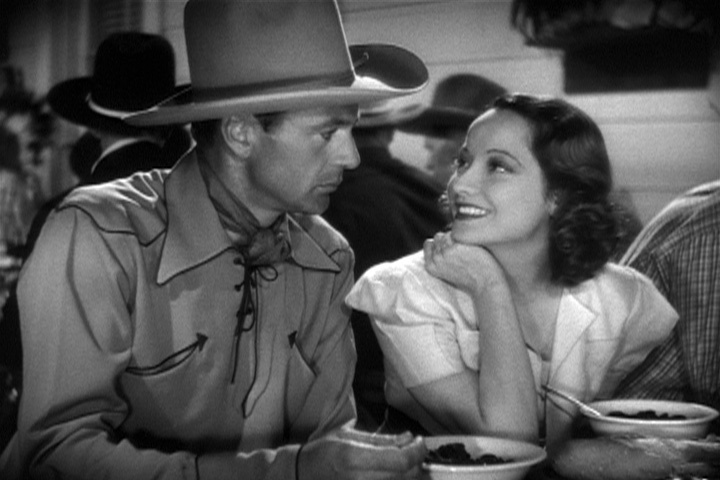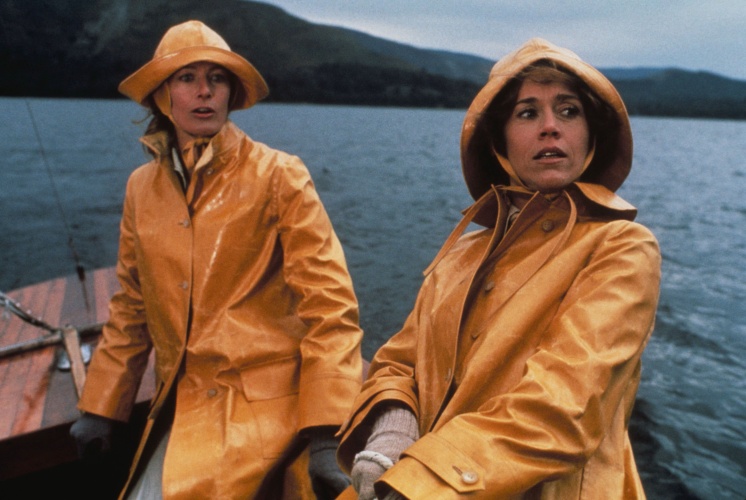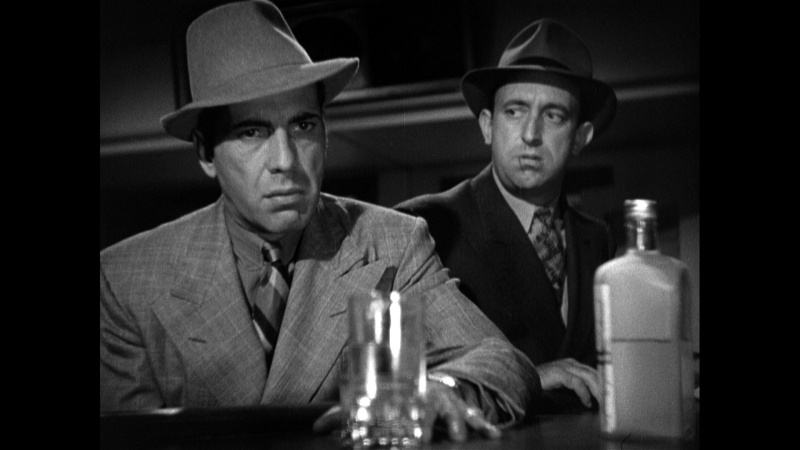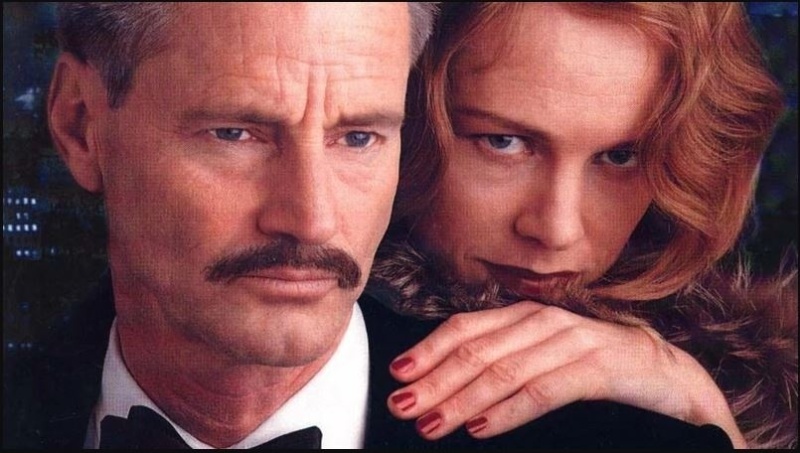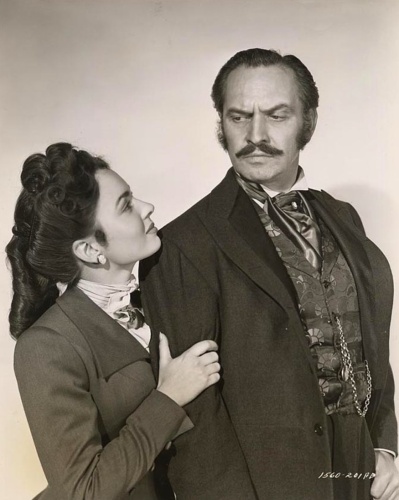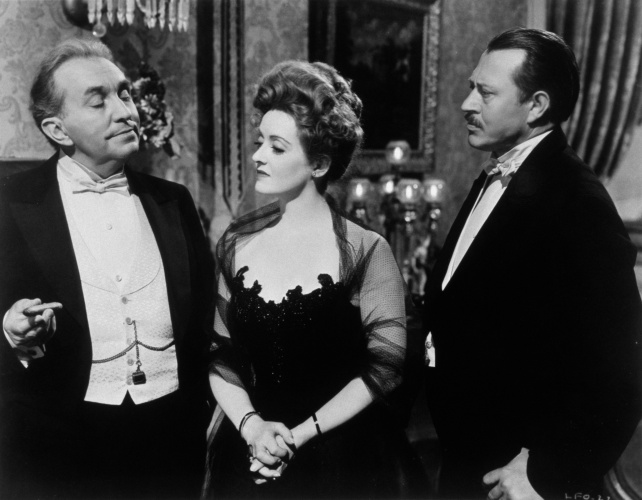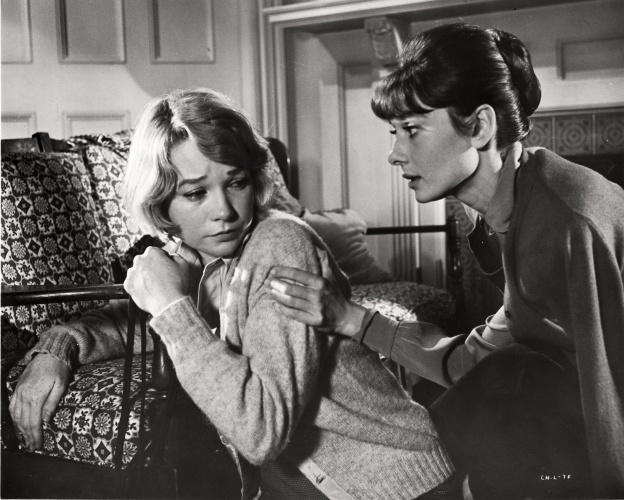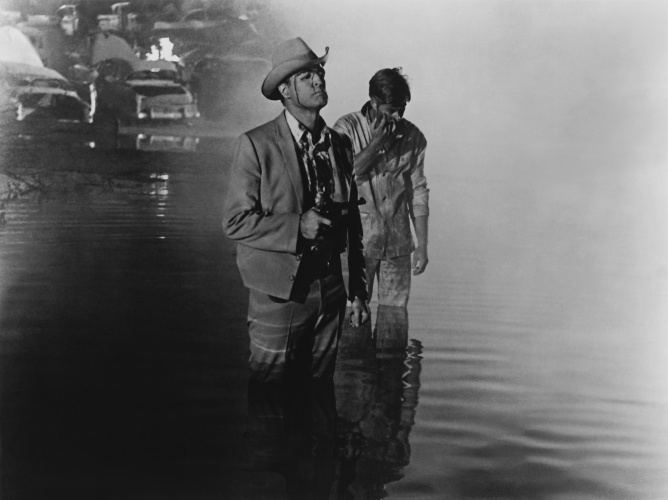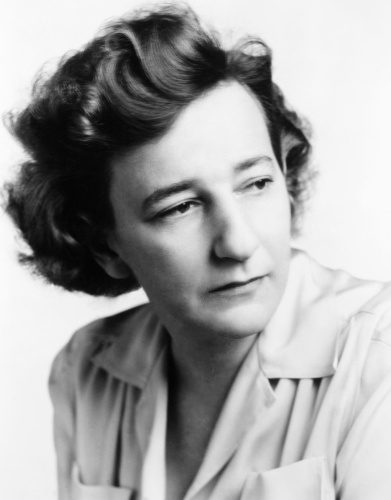A total of 16 feature films released between 1935 and 1999 will be included in the retrospective dedicated to the American screenwriter Lillian Hellman at the 73rd edition of the San Sebastián Film Festival. Organised by the Festival and the Basque Film Archive in collaboration with Filmoteca Española, the retrospective will be accompanied by the publication of the monographic book Lillian Hellman. Fiction, Memory and Commitment, which has been written by María Adell, Hannah McGill and Nuria Vidal and edited by Quim Casas, a critic and member of the Festival's Selection Committee.
This book, available in both Spanish and English, is the fourth in a collection promoted by the Festival and the Basque Film Archive, following those dedicated to Claude Sautet, Hiroshi Teshigahara and Italian Crime Films. Divided into three self-contained chapters written by three authors, the focus is on Hellman’s better-known films, complemented with an analysis of her work in the theatre, her controversial memoirs, her representation of reality, the political undercurrent that runs through almost all of her work and the stance of the creator during the period of Senator McCarthy’s witch hunt.
Lillian Hellman (1905-1984) has been shrouded in mystery for many years. Her work, while enigmatic, has also been highly vindicated, particularly in its cinematic slant. The San Sebastian Festival intends to commemorate her career with this retrospective encompassing all of her work for the big screen, crucial for understanding the evolution of style, subject matter and ideology under way in Hollywood from the 30s to the 60s.
Simply listing three of the films in which she was involved, whether as the screenwriter of texts by others or through the adaptation of her own works for theatre, says it all: The Little Foxes (1941), the film by William Wyler with a screenplay based on Hellman’s own play and starring Bette Davis; The Children’s Hour (1961), another of Wyler’s movies based on a complex offering by the writer about the false rumours circulating about two school teachers (Audrey Hepburn and Shirley MacLaine), in which she also participated as the screenwriter; and The Chase (1966) by Arthur Penn, a remarkable X-ray of the widespread violence and racism riddling the society of the Southern United States, written by Hellman based on Horton Foote’s novel with a cast featuring Marlon Brando, Jane Fonda and Robert Redford.
She struck up a fine relationship with William Wyler given that, in addition to the two films mentioned above, he also helmed These Three (1936), first version of the play The Children’s Hour to which the director and writer would return for the movie of the same name, an unexpectedly modern character study following two women teachers whose lives are blown to pieces when a young girl accuses them of having an affair. Hellman and Wyler also collaborated on the social drama-cum-thriller Dead End (1937) and in The Westerner (1940), a western in which the screenwriter worked without being credited.
Hellman had made her movie debut as a screenwriter in 1935 with Sidney Franklin’s The Dark Angel, a romantic melodrama following the emotional after-effects of the war. Her career in the cinema ran parallel to her theatre work and the writing of several books of memoirs alternating fiction and reality. Taking a position in the eye of the storm of numerous issues, she invented new approaches to North American playwriting, entertained a well-aired rivalry with the novel writer Mary McCarthy and always upheld a left-wing stance.
On the ideological side, his relationship with Dashiell Hammett, with whom she collaborated on the screenplay for the drama Watch on the Rhine (Herman Shumlin, 1943), was crucial. The author of essential detective novels such as Red Harvest and The Maltese Falcon, staunchly committed to leftist beliefs and to the American Communist Party, is strongly present in one of Hellman’s volumes of memoirs, Pentimento (1973). The work was taken to the cinema by Fred Zinnemann in Julia (1977), starring Jane Fonda as Hellman, Jason Robards in the role of Hammett and Vanessa Redgrave playing Julia, the writer’s childhood friend, with whom she reignites her friendship in Vienna during the harsh days of the Nazi rise to power. Her third autobiographical novel, Scoundrel Time (1976), follows the days of the witch hunts and the House Un-American Activities Committee. In 1999, actress Kathy Bates directed the TV movie Dash and Lilly, set around the relationship between Hammett and Hellman.
She participated, as either the adapting or the adapted party, in films by Lewis Milestone –The North Star (1943)–, William Dieterle –The Searching Wind (1946)–, Michael Gordon –Another Part of the Forest (1948)– and George Roy Hill –Toys in the Attic (1963)–, as well as collaborating, albeit uncredited, on The Cowboy and the Lady (H.C. Potter, 1938) and on one of the fundamental movies of the cinematic left wing: The Spanish Earth (1937), a documentary by Joris Ivens on the subject of the Spanish Civil War, the writing of which also saw the participation of Ernest Hemingway and John Dos Passos.
A classic film festival
Since 2024, the San Sebastian Festival retrospective has been part of the Klasikoak program, promoted by the Festival and the Filmoteca Vasca as a classic film festival expanded in time and space. Thus, Klasikoak brings together three film cycles under the same label: the films of the retrospective, the Klasikoak section titles screened during the Festival in September, and the twelve restored films programmed by the Filmoteca Vasca in the homonymous cycle over the last quarter of the year at various cultural institutions in the Basque Autonomous Community, Navarre, and the French Basque Country.
Klasikoak is heir to the historic tradition established by the San Sebastian Festival of rediscovering work by filmmakers, periods, themes or film languages, that it put into practice more or less right from the very start, with the retrospective devoted to René Clair in 1959, and the decisive commitment by the Filmoteca Vasca both to restoring and disseminating films.
Kitty and Alan have been inseparable since childhood. Now adults, they remain madly in love. When Alan is called up, they decide to get married before he leaves. Unable to find somebody to marry them, they seal the wedding in their own way. But when Alan comes home from the war, the relationship will no longer be the same. Hellman's cinema debut as a writer.
Recent graduates and close friends Martha and Karen turn the farm left to the latter by her grandfather into a boarding school for girls. But one day, the two teachers and Joe Cardin, the doctor who encouraged them to build the school, are caught up in a scandal when a malicious student cooks up a spiteful lie.
The action is set in New York’s East Side, a working class area giving way to dwellings for the rich lured by its picturesque views. Also back in town is the gangster Baby Face Martin, who reunites with his mother and an old girlfriend. New collaboration between Hellman and William Wyler.
Funded with 2,000 dollars and made by Joris Ivens, the documentary portrays the Spanish Civil War conflict from the point of view of the militia and the peasants’ movement. It enjoyed the participation of Lillian Hellman (not credited), Ernest Hemingway, John Dos Passos, Orson Welles and Jean Renoir.
Stretch Willoughby is a coarse but good-hearted cowboy. Despite having nothing in common with her, he ends up falling in love with the wealthy young Mary Smith. She hates anyone telling her what to do. Uncredited participation of Hellman.
A western about the relationship between Cole Harden, an honest cowboy, and Roy Bean, an eccentric character of dubious morality, historically known as the hanging judge. Hellman participated in the screenplay, again uncredited.
In the deep South at the turn of the 20th century, the calculating and heartless Regina Giddens takes on her brothers in a fight-to-the-death bid to get her hands on the family inheritance. Her plans have no place for feelings, not even towards her husband, an honest man who comes home after a serious illness. Amidst the asphyxiating atmosphere created by his wife’s boundless ambition, the only human warmth he can find lies in his daughter’s love.
World War II. In the summer of 1941, the Germans invade the towns along the frontier of Communist Russia. A group of young people leave one of these towns, called The North Star, and embark on a journey that will be fraught with difficulties.
A German engineer involved in the anti-Nazi resistance, his American wife and their three children move into her family home where they come across a Romanian count sympathetic to the Nazi cause.
Europe, the 1920s. Always the diplomat, Alex Hazen is slow to take sides. Cassie Bowman wants him to be more decisive and leaves him in Rome just as Mussolini is coming to power. At the end of World War II, Emily, Hazen’s wife, invites Cassie, now a famous journalist, to dinner.
Prequel of The Little Foxes. The story is set two decades prior to the facts narrated in said film and shows the complicated and conflicting relationships of the Hubbard family members. The central figure of The Little Foxes is played here by Ann Blyth, a young girl at loggerheads with her parents for wanting to marry a confederate officer.
Karen and Martha are headmistresses at a boarding school for girls. Furious at having been punished, a spiteful student thirsty for revenge overhears something being said and uses it to concoct a lie accusing the teachers of reprehensible behaviour. The scandalous rumours of a romantic relationship between the two teachers spread like wildfire through the school community, with immediate and devastating results.
Julian Berniers takes his wife Lily to meet his family in New Orleans. They come bearing lavish gifts for Carrie and Anne, Julian’s sisters, who hope that their brother will help them out with their finances. What they don’t know is that Julian has had to close his factory and that he too has money problems.
An escaped convict returns to his hometown, but the locals, a debauched bunch, set out to capture him in true witch-hunt style, just for the fun of it. Only the sheriff, an honest and upright man, will try to stop them from lynching him.
In the 20s, the North American writer-to-be Lillian Hellman meets Julia, the daughter of a wealthy Scottish family. The two strike up a close friendship, only to be forced apart. Whilst Julia studies at Oxford and later in Vienna, under such luminaries as Freud, Lillian becomes a celebrated playwright. But she misses Julia’s friendship and decides to visit her in Vienna. In Europe Nazism is at its peak.
Recreation of the love affair and artistic relationship shared by writers Dashiell Hammet and Lillian Hellman. Their rocky story is framed within historical events such as the two world wars and the witch hunts of Senator Joseph McCarthy.

